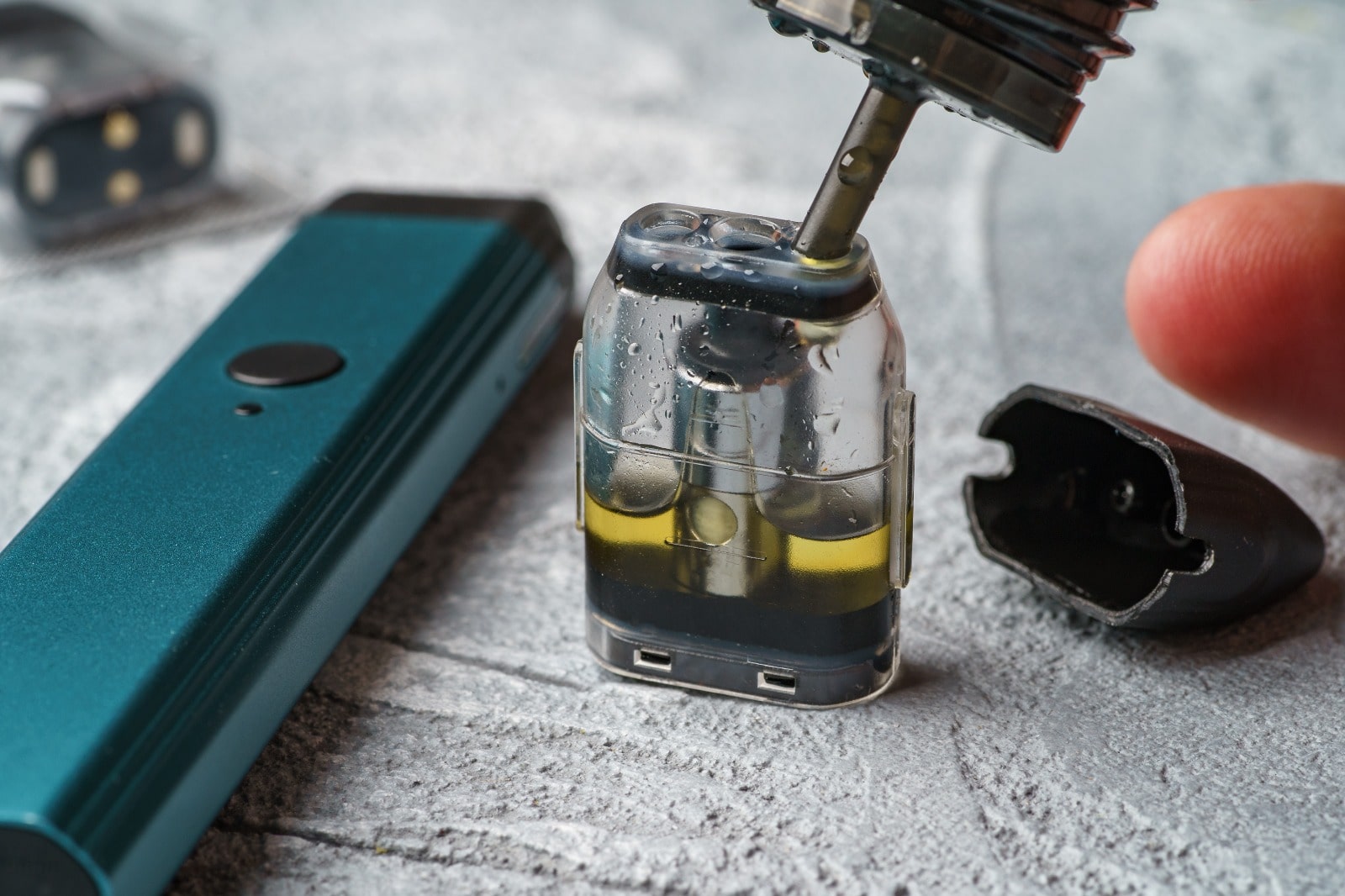Last year, the Malaysian government declared its smoke-free vision for the country with a radical proposal to ban smoking and vaping for future generations.
Today, the government has gone the other extreme by declassifying liquid nicotine as a controlled substance to tax e-liquids with nicotine – against advice from the Poisons Board – effectively legalising electronic cigarettes and vape with nicotine without any regulation in place.
This means that e-cigarettes and vape containing nicotine – a drug that is is thought to be as addictive as heroin or cocaine – are now freely and legally available for sale to anyone, including minors, without labelling requirements and warnings; restrictions on ingredients, nicotine content, or volume of e-liquids for sale; or bans on advertising, promotion and sponsorship.
Local manufacturers – who were previously unable to produce vape with nicotine due to the poison classification – can now legally do so and flood the market that is currently dominated by imported products (which were previously illicit but are now legal).
Even though the order amending the Poisons List – gazetted by Health Minister Dr Zaliha Mustafa last Friday – specifies the exemption as liquid or gel nicotine used in e-cigarettes and vaporisers, it would be extremely difficult to prevent the sale of food items containing nicotine as liquid nicotine would be widely available in the market.
While other countries are attempting to address vaping “epidemics”, particularly among adolescents and young adults, Malaysia has taken the inimical, incomprehensible, and irresponsible step of opening the floodgates of nicotine addiction for its entire population.
Nikkei Asia reported last January that cases of marijuana addiction nearly quadrupled in Thailand in the six months after cannabis was decriminalised, or made legal for medical and culinary uses.
With the declassification of liquid nicotine, we may see similar waves of addiction in Malaysia. Is the government prepared for this?
The role of the State, among others, is to protect the public from harmful products, particularly children and adolescents who may not know the extent of the harm of nicotine.
Many legislators are well aware of the burden on the public health care system with ever-rising patient loads and shortages of health care workers. Yet, the government is wilfully increasing the country’s health care burden in the long term for short-term gain.
Even as the Health White Paper seeks health care reforms, such as to deal with the non-communicable disease (NCD) crisis, the State is now creating a new health crisis.
Removing liquid nicotine from the Poisons Act 1952 runs counter to the “spirit” of the generational end game (GEG) and the Health White Paper.
No amount of tax revenue gained from e-cigarettes and vape is worth the price that the nation will pay in higher health care costs, poor health, and associated lost productivity for generations when Malaysians get hooked to nicotine from a young age.
Dropping liquid nicotine from the Poisons List of controlled substances in the absence of regulation is, arguably, the biggest harm to public health in Malaysian history perpetuated by the government.
With each passing day until the passage of a tobacco and vape control bill, the government is responsible for every case of addiction; e-cigarette or vaping use-associated lung injury (Evali); or nicotine poisoning – particularly among children and teenagers.
In a statement yesterday, Dr Zaliha simply said that the government aims to table a “new” bill on tobacco and vape control in the next parliamentary meeting in May. This is akin to trying to close the stable door after the horse has bolted.
It is also a great disservice to the Malaysian people to try to bulldoze through the tobacco control bill in order to close the gap in legislation that was created unnecessarily by the government itself.
Parliamentarians, as elected representatives, should not be pressured into passing a badly drafted bill for the sake of urgency. Several MPs from the 14th Parliament had valid concerns about many authoritarian provisions in the tobacco bill; these anxieties may persist in the current 15th Parliament.
The government must reverse the declassification of liquid nicotine and put it back in the Poisons List to give itself time to work on a good bill that will be acceptable to the majority of MPs, stakeholders, and the general public.
Editorials represent the views of CodeBlue as an institution, as determined through debate in the newsroom. CodeBlue’s Editorial Board comprises editor-in-chief Boo Su-Lyn, senior health writer Alifah Zainuddin, and health writer Sharayu Pillai.








